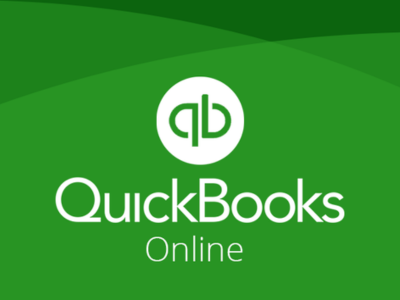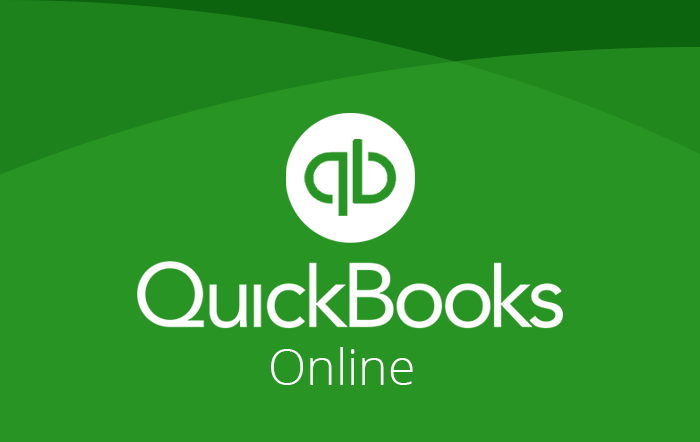For small business owners, the mere mention of an audit can evoke feelings of stress and uncertainty. However, approaching the audit process with a proactive and organized mindset can significantly alleviate these concerns. Audit preparation ensures a smoother audit experience and reflects positively on the financial health and transparency of your business. ***
Here are some practical tips to maximize efficiency and achieve a successful small business audit preparation.
- Organize financial documentation. Ensure that all relevant financial records, including income statements, balance sheets, bank statements, and tax returns, are neatly organized and easily accessible. Categorize documents chronologically and by type to streamline the auditor’s review process.
- Maintain accurate and updated records. Regularly reconcile your accounts, verify transactions, and address any discrepancies promptly. Keeping your records accurate and up-to-date facilitates the audit process and shows your commitment to financial transparency and compliance.
- Documentation of internal controls. Internal controls help safeguard your business assets and ensure the accuracy of financial reporting. Providing the auditor with a comprehensive overview of your internal control policies demonstrates your commitment to maintaining a robust financial system.
- Collaborate with your auditor. Establish open lines of communication with your auditor well in advance of the audit. Understand the specific requirements and expectations for the audit process, and discuss any potential challenges or concerns. Collaborating with your auditor fosters a positive working relationship and ensures that everyone is on the same page from the outset.
- Train your staff. If your small business has a dedicated finance team, ensure that they are adequately trained on audit processes and procedures. Familiarizing your staff with audit expectations and protocols can prevent last-minute scrambles and contribute to a more efficient and less stressful audit experience.
- Address previous audit findings. If your business has undergone previous audits with findings, address these issues before the next audit. Demonstrating a proactive approach to resolving past concerns showcases your commitment to continuous improvement and can instill confidence in the auditing process.
- Understand regulatory compliance. Stay informed about relevant regulatory requirements and compliance standards applicable to your industry. This knowledge is crucial for ensuring that your financial practices align with current regulations and can help you anticipate areas that auditors may scrutinize more closely.
- Perform a preliminary internal audit. Before the external audit, conduct a preliminary internal audit. This self-assessment allows you to identify potential issues and rectify them before the external auditor arrives. Addressing any discrepancies in advance helps streamline the audit process and minimizes the risk of unexpected findings.
- Create a detailed audit plan. Develop a comprehensive audit plan outlining specific tasks, timelines, and responsibilities. A well-structured plan serves as a roadmap for the entire audit preparation process and ensures that everyone involved is aware of their roles and deadlines.
- Utilize technology. Leverage accounting software and technology to enhance the efficiency of your audit preparation. Many accounting platforms offer features that automate financial processes, generate detailed reports, and facilitate seamless collaboration between your team and auditors.
- Engage external professionals. Consider engaging external professionals, such as accounting consultants or auditors, to conduct a pre-audit review. Their fresh perspective can help identify potential issues and provide insights that contribute to a more successful audit.
- Conduct mock audits. Simulating the audit process allows your team to identify weaknesses in your preparation, fine-tune procedures, and ensure that everyone is comfortable with the audit expectations.
A successful small business audit preparation is not only about meeting regulatory requirements but also an opportunity to showcase the financial health and transparency of your business. The key is to view the audit process as a collaborative effort to enhance your financial practices and provide stakeholders with confidence in your business operations.
A.K. Burton, PC, has been working with the IRS for our clients for many years. Our firm has experienced accountants who can help you do your tax planning, file your tax returns, and represent you to the IRS. We do individual and business tax returns. Call us at (301) 365-1974 for a consultation.
We serve the Bethesda, Rockville, and Montgomery County, MD area.
*** For more information on small business tax forms, visit the IRS website.










